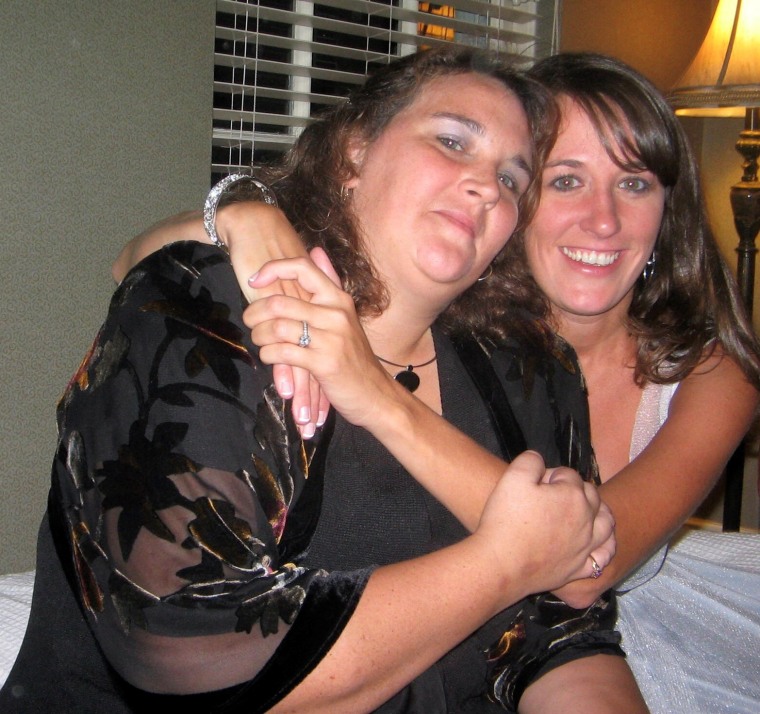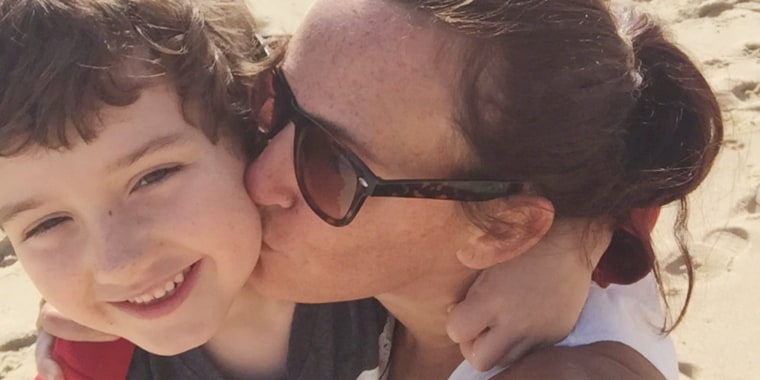I’m a pretty laid-back person. I’m not one to get wrapped up in mass hysteria.
I’m tempted to laugh at coronavirus memes and Corona beer jokes. But when you hear experts talk about how the coronavirus will mostly affect “high risk” populations — that’s me. I have multiple sclerosis, and a suppressed immune system.
What’s more, I’m deeply familiar with the worst-case scenario. A decade ago my older sister died from H1N1, then known as “swine flu.”
At the time, the flu wasn’t high on my list of concerns. I traveled overseas a couple times in 2009 — I doubt I even bothered to get the flu shot. As far as I can recall, H1N1 in no way altered my life.
Until H1N1 changed everything.
My sister Denise, 37 years old and a doting mom whose kids ranged in age from 3 to 17, was the sweetest, most caring, most generous woman you could ever meet. She was a beloved member of her church and the heart of our family. She was the mother I aimed to be one day. Unfortunately, my sister also had autoimmune hepatitis, a disease in which the body's immune system attacks the liver cells. Afflicted with a chronic illness, she was at higher risk for H1N1.

In October 2009, she caught what seemed like a cold, maybe the flu, but it quickly grew into something more. She went to the hospital for tests, and then it all happened so fast. One minute she was planning a trip with her family, the next she was sedated to deal with the pain she was experiencing as a result of her fragile body fighting this powerful virus.
Denise was in the hospital for several weeks and I was there for every painful moment. I’ll never forget walking the halls of the "swine flu" wing: so many scared people, an overwhelmed hospital staff desperate to do more, families left blindsided and wondering “how did this happen to us?” In the end, Denise’s body just was too weak. I was left without a sister, my parents without a daughter, her children without a mother.
There were 12,469 U.S. deaths from H1N1. For my sister to be a part of that statistic — not a day goes by when that doesn’t break my heart.
Ten years later, things have changed a bit for me. I’m now a mother to two funny, adorable, rambunctious little boys. My sister’s children have grown into beautiful teenagers and young adults, blazing their own paths, which would make her so proud.

Ten years later, we’re again staring a new outbreak in the face. There’s no way to know how this one will play out. So far, older people and people with underlying health conditions are about "twice as likely to develop serious outcomes versus otherwise younger, healthier people," according to Dr. Nancy Messonnier from the Centers for Disease Control and Prevention (CDC).
I understand why a government agency like the CDC would reassure the general public that they have little to be worried about because the disease is mainly dangerous to high-risk groups. But what about those high-risk people? The ones on chemotherapy with suppressed immune systems, the elderly, those living with chronic illness or another underlying disease?
People like my sister, and like me.
A year after my sister died, I was diagnosed with multiple sclerosis — a different autoimmune disease than the one she had, but autoimmune diseases do tend to run in families. Multiple sclerosis is a neurological condition in which the immune system attacks the body’s central nervous system, especially the brain, spinal cord, and optic nerves, leading to a wide range of symptoms throughout the body.
The disease is a risk factor on its own, but like many autoimmune patients, I take immunosuppressant drugs to fight it. Those drugs help minimize the immune system’s attack on the body but, true to their name, they also suppress the immune system itself. That’s bad enough with all the colds and stomach bugs my aforementioned adorable children bring home.
What if they bring home something worse?
Panic is not the answer, even in the face of the increasingly scary coronavirus. But take reasonable precautions. Just because you’re not at risk doesn’t mean people around you aren’t. I realize how easy it is to assume these “exotic” outbreaks could never happen to you. I thought that way too. Until it happened to my family.